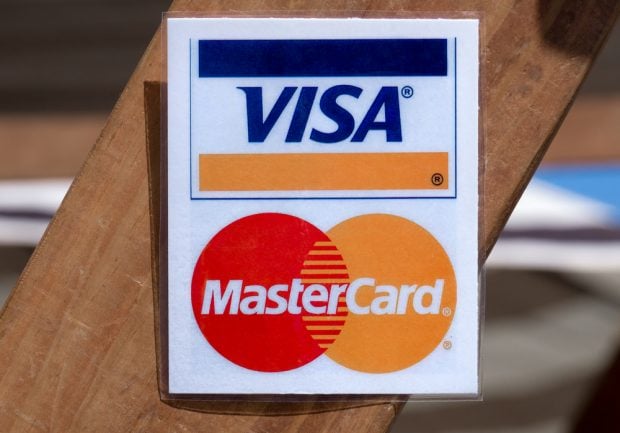Merchants defending U.S. District Court Judge Richard Leon'sdecision overturning the Federal Reserve's debit interchangeregulation appear willing to accept approaches allowing creditunions to keep existing debit cards.
|That side of the argument filed their brief in the ongoing caseon Wednesday.
|Leon's July 31 opinion against the Federal Reserve had left the door open tothe possibility that credit unions and other debit issuers mighthave to reissue their debit cards carrying the brands of fourdifferent debit processing networks instead of the current two.
|“While the Board could ensure compliance with thisprovision by requiring multiple unaffiliated networks for eachmethod of authentication, it might choose to do so
|through equally viable non-card based alternatives, such astaking down the prevailing, artificial wall between signature andPIN networks so that every network can process either type oftransaction,” the merchants wrote in their argument filed Wednesdaywith the U.S. Court of Appeals for the District of ColumbiaCircuit.
|However, the merchant coalition, which includes tradeassociations and individual large retail firms, did not abandontheir argument that to conform with requirements of the Durbinamendment to the Dodd-Frank Act, the Federal Reserve would have todraft regulations that allowed merchants a choice of at least twonetworks to route each debit transaction.
|It maintained that line of attack, but suggested that differentavenues might be available to comply with the requirement.
|“I think our position in the appeal brief reiterates ourposition before the district court,” explained Douglas Kantor, anattorney with the firm Steptoe and Johnson which represents some ofthe retailers in the case.
|“We have long recognized that the Federal Reserve Board has somechoices about how it implements the Durbin Amendment's requirementson network exclusivity,” he said, adding that if the FederalReserve chose to do so by taking down the barriers between PIN andsignature debit networks, the merchants would find thatacceptable.
|He also countered the notion that merchants and debit issuerswere fighting over a transaction which is entering an era ofdeclining popularity as the industry begins to move to chip-basedEMV transactions.
|Kantor pointed to the care he said Sen. Richard Durbin (D-Ill.)used when drafting the statute, not to tie it to any one method ofauthentication.
|“No matter how they are authenticated,” he said, “they willstill be debit transactions and still subject to the law.”
|The Federal Reserve now has until Dec. 4 to file a response tothe merchants' argument and oral arguments have been scheduled forJan. 17, 2014, by the appeals court.
Complete your profile to continue reading and get FREE access to CUTimes.com, part of your ALM digital membership.
Your access to unlimited CUTimes.com content isn’t changing.
Once you are an ALM digital member, you’ll receive:
- Critical CUTimes.com information including comprehensive product and service provider listings via the Marketplace Directory, CU Careers, resources from industry leaders, webcasts, and breaking news, analysis and more with our informative Newsletters.
- Exclusive discounts on ALM and CU Times events.
- Access to other award-winning ALM websites including Law.com and GlobeSt.com.
Already have an account? Sign In
© 2024 ALM Global, LLC, All Rights Reserved. Request academic re-use from www.copyright.com. All other uses, submit a request to [email protected]. For more information visit Asset & Logo Licensing.









